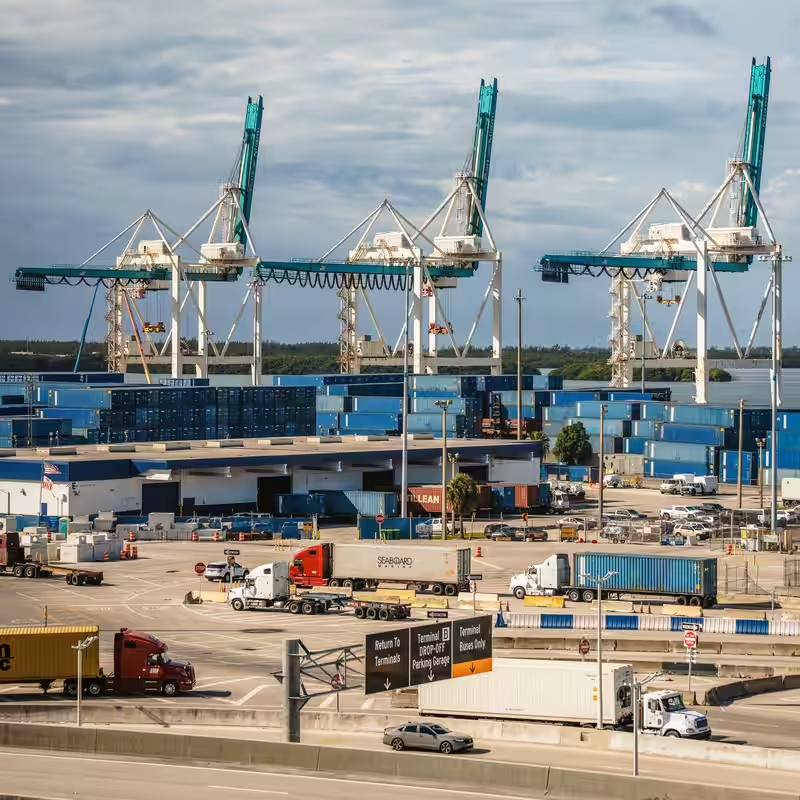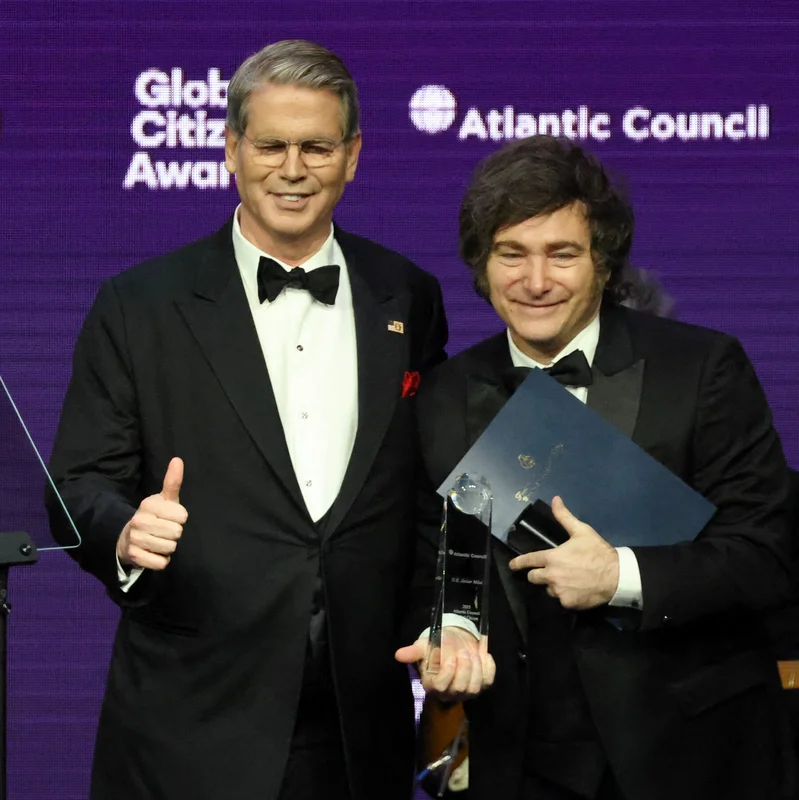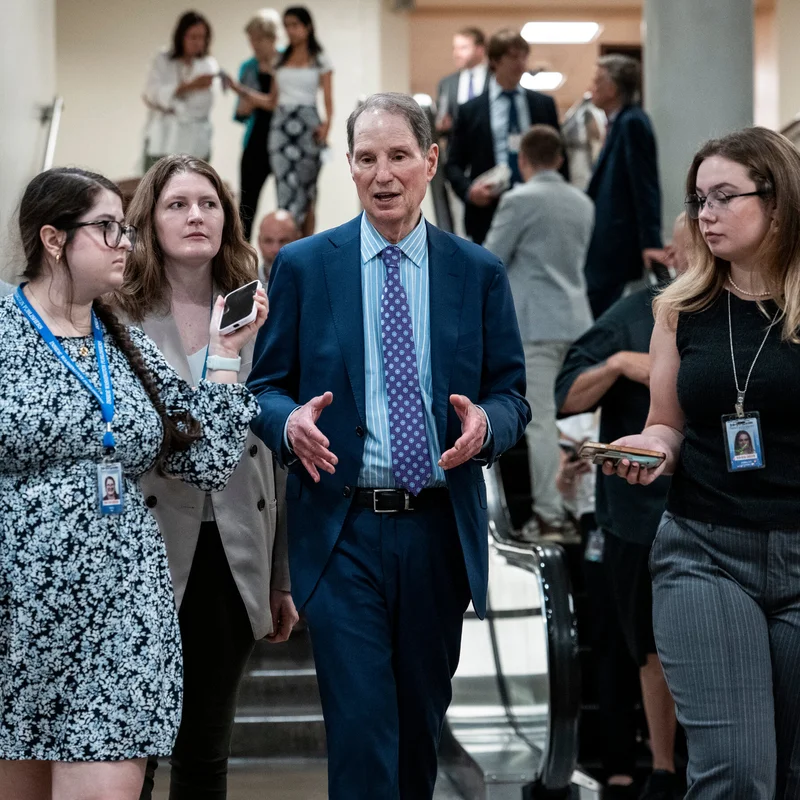Washington, D.C. – October 14, 2025 – The International Monetary Fund (IMF) has issued a stark warning: the global economy is losing momentum just as new tariff threats resurface, risking a prolonged slowdown in growth and rising inflation. In its latest World Economic Outlook report, the IMF downgraded its global growth forecast for both 2025 and 2026, citing escalating trade tensions and supply chain fragility as key drags on economic output.
Global Growth Outlook: A Step Backward
The IMF now projects global economic growth to dip to 3.2% in 2025, down from 3.3% in 2024, with a further decline to 3.1% in 2026. While the global economy has shown surprising resilience so far—thanks in part to U.S. businesses front-loading imports ahead of expected tariffs—the fund cautions that this buffer won’t last forever.
“There are increasing signs that the adverse effects of protectionist measures are starting to show,” the report states. “As the global economy slides into a more fragmented landscape, risks to the outlook increase.”
Tariff Tensions Reignite
Just this week, new U.S. tariffs on imported furniture, kitchen cabinets, and lumber took effect—adding fuel to an already smoldering trade conflict. The situation escalated further when former President Donald Trump threatened to impose an additional 100% tariff on Chinese goods in response to Beijing’s new export controls.
These moves come as finance ministers and central bank governors gather in Washington for the annual IMF and World Bank meetings. Among the top agenda items: calming U.S.-China trade frictions, coordinating G7 pressure on Russia, and finalizing a U.S.-backed bailout for Argentina.
Regional Growth Forecasts: Winners and Losers
The IMF’s revised outlook paints a mixed picture across major economies:
| Region/Country | 2024 Growth | 2025 Forecast | 2026 Forecast |
|---|---|---|---|
| United States | 2.8% | 2.0% | — |
| Euro Area | 0.9% | 1.2% | — |
| Japan | 0.1% | 1.1% | — |
| China | 5.0% | 4.8% | 4.2% |
China’s slowdown is particularly concerning, with tepid domestic demand and deteriorating trade relations with the U.S. expected to further dampen growth next year.
Inflation: The Looming Second Wave
So far, companies have absorbed most tariff-related costs without passing them on to consumers. But the IMF warns that this is about to change. “In the United States, inflation is expected to pick up beginning in the second half of 2025, as the impact of tariffs is no longer absorbed within supply chains and instead passed on to consumers,” the report notes.
This potential inflation surge could force the Federal Reserve to keep interest rates higher for longer—adding another headwind to economic activity.
Shifting Priorities at Global Financial Institutions
Under pressure from the Trump administration, the IMF and World Bank are reportedly deprioritizing climate-focused economic initiatives in favor of traditional concerns like financial stability and development. Critics argue this shift ignores long-term systemic risks, but supporters say it reflects today’s urgent geopolitical and trade realities.
“World financial leaders will be converging in Washington as their economies struggle to deliver good growth even as the global economic and geopolitical landscape turns increasingly hostile,” said Eswar Prasad, former head of the IMF’s China division.




